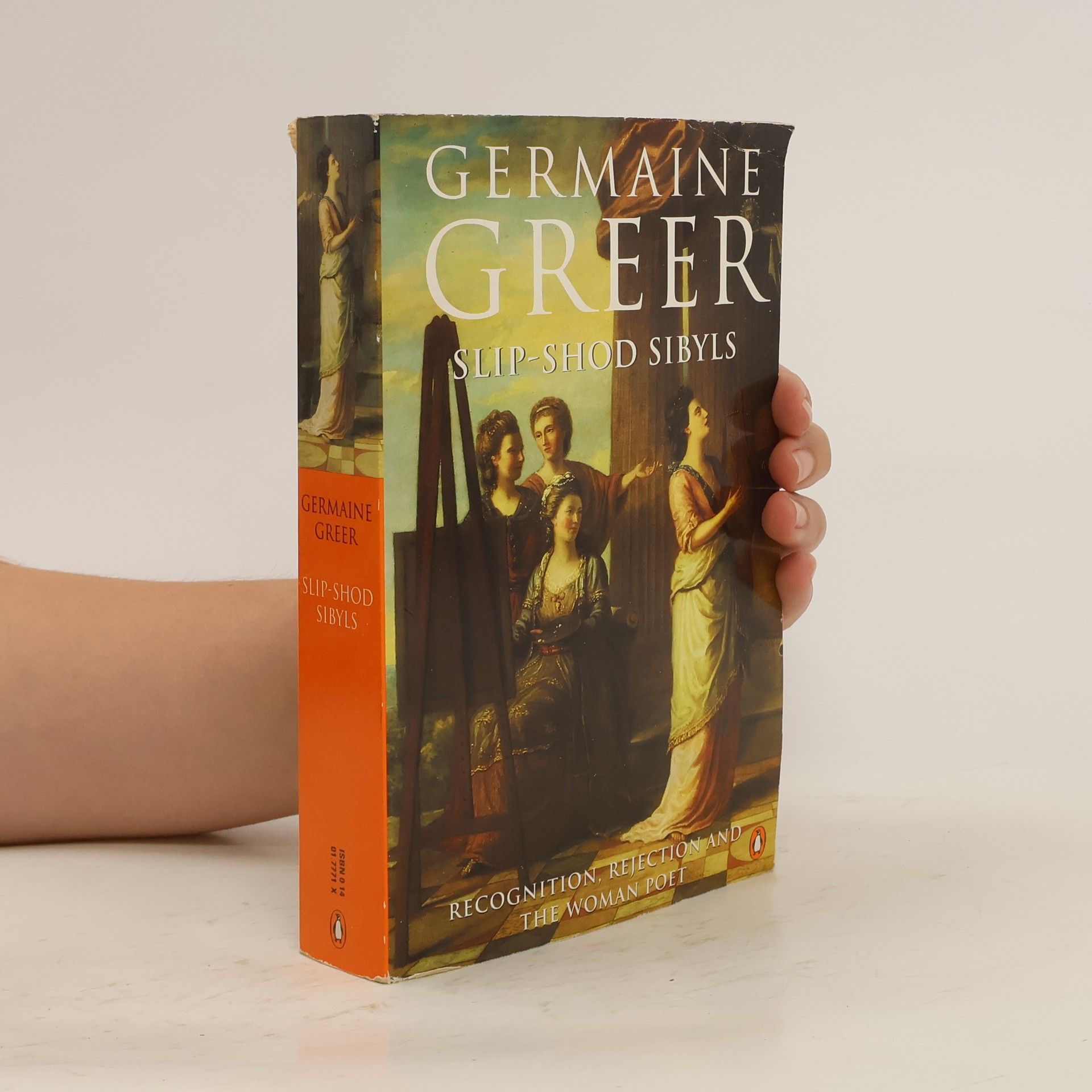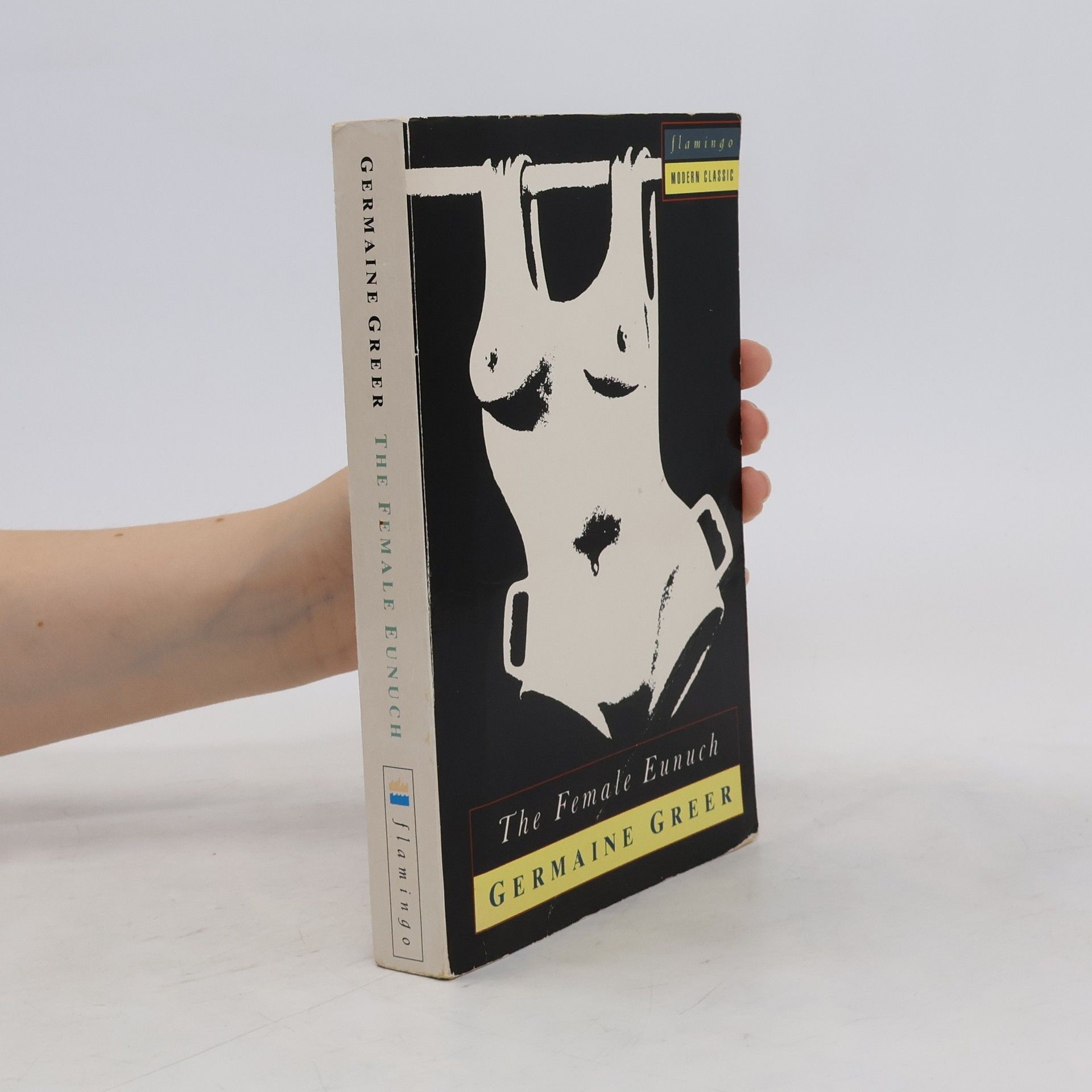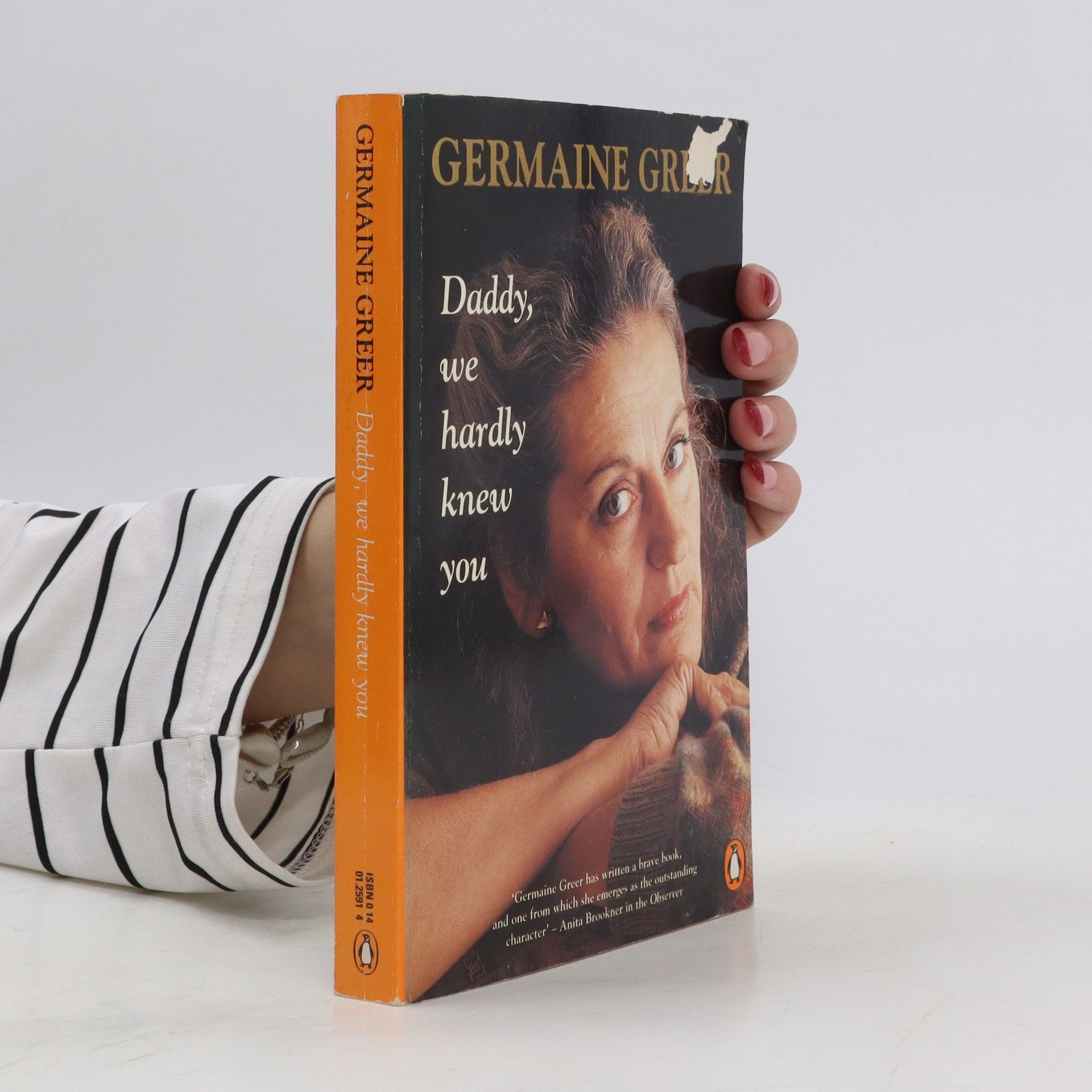Women's Sexual Passages
Finding Pleasure and Intimacy at Every Stage of Life
- 288 pages
- 11 hours of reading
A Provocative Blend of Old and New Sexual Wisdom As women become more attuned to their bodies they become more self-aware, and with this self-awareness comes a greater desire for meaningful intimacy. Elizabeth Davis empowers women to take control of their sexuality by blending lessons on physicality, emotion, intuition, creativity and spirituality. She unravels the mystery of how—and why—a woman’s desire changes during the course of her lifetime by describing the influences of Davis examines the impact that stress, overwork, major life events, relationship upheaval and sexual abuse can have on a woman’s sexuality. Chapters address sexual awakening and sex in the later years, including information on how hormonal changes during menopause are linked to increased insight and assertiveness. Women’s Sexual Passages is a frank, personal and exciting journey into women’s sexuality.










